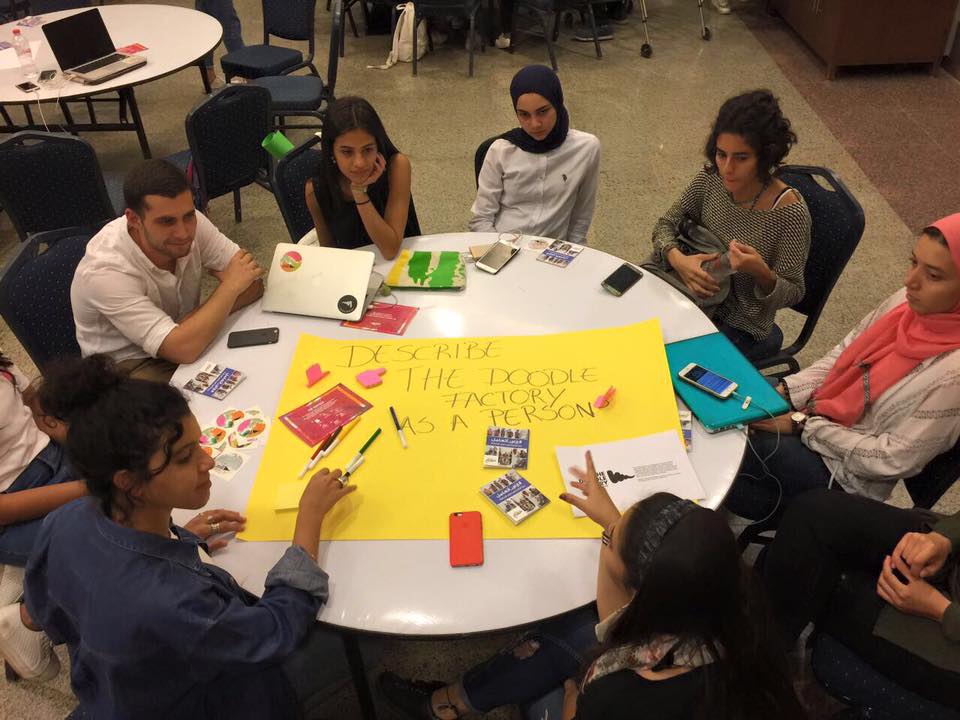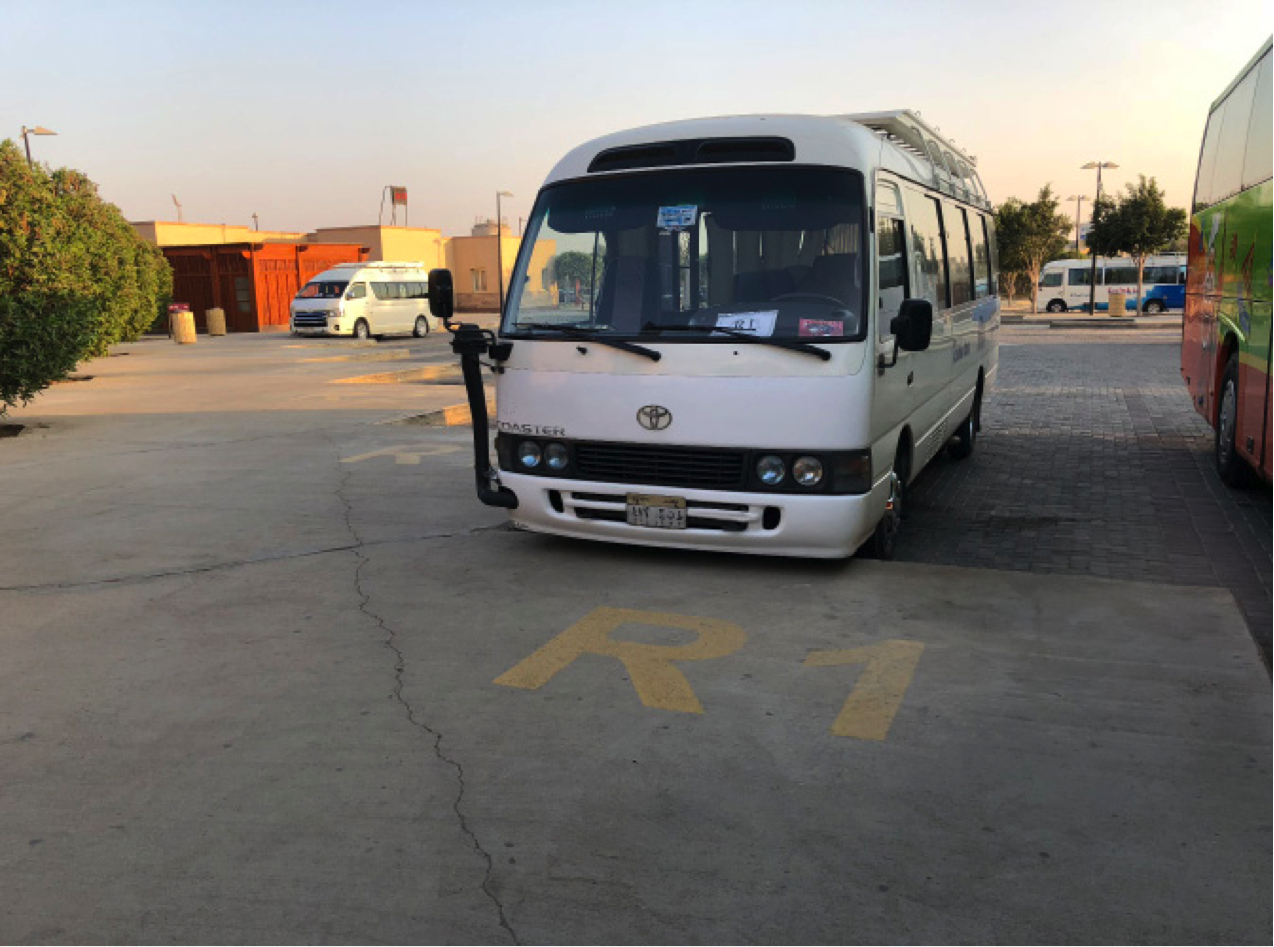Low Contributions Endanger Employee Emergency Fund
BY NOHA SAHMOUD
Donations to the AUC Employee Emergency Relief Fund (EERF) have been less than expected raising fears that the fund will be incapable of assisting future cases.
“Despite the slew of cases that the Employee Emergency Relief Fund has been able to support, I am concerned because the fund has not received many contributions,” said Hatem Hassib, Director of Staff Affairs in the Office of Human Resources.
The 2012-2013 Student Union contributed EGP 100,000 to the EERF as an inaugural gift and Hassib said that there are currently 14 members of the AUC community who contribute to the fund regularly.
Director of the Office of Human Resources Lamia Khalil said that these donations will not suffice.
“We were expecting a lot more people to contribute, but they did not,” Khalil said.
To date, the EERF has provided financial support for nine cases, including a single mother who was unable to pay her children’s tuition fees, an employee whose wife could not afford to pay EGP 3,200 for medical treatment, and an employee who faced financial instability after her husband, the family’s primary breadwinner, was diagnosed with cancer.
Khalil said that the EERF’s committee might not be able to accept severe cases in the future due to a lack of donations.
The EERF was launched in September 2013 as a means of providing fulltime university employees with financial assistance to deal with unforeseen, temporary financial hardships.
“Types of emergencies that might be covered include medical emergencies of the employee or immediate family members (defined as spouse and eligible children) or the loss of primary residence due to a natural disaster,” said President Lisa Anderson.
Anderson said that the EERF relies on contributions from members of the AUC community, whose gifts provide a financial safety net for employees.
The EERF committee prioritizes the cases after reviewing them to effectively address the cases.
However, Khalil and Hassib both said that the committee might be forced to reject certain cases if they are too severe due to limited funds.
Khalil said that if a case is not accepted, the EERF committee provides recommendations and alternative solutions to help the employees in their times of crisis.



